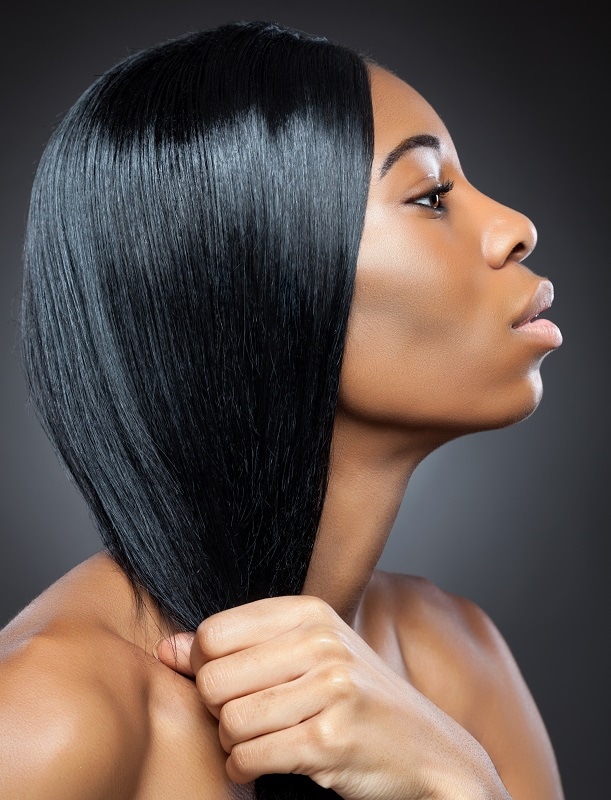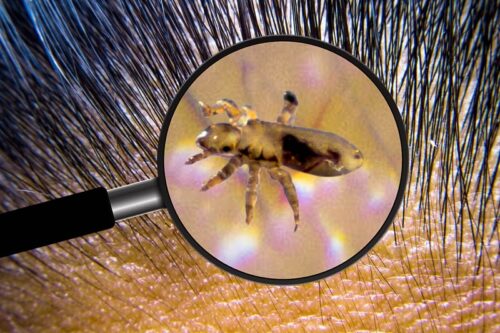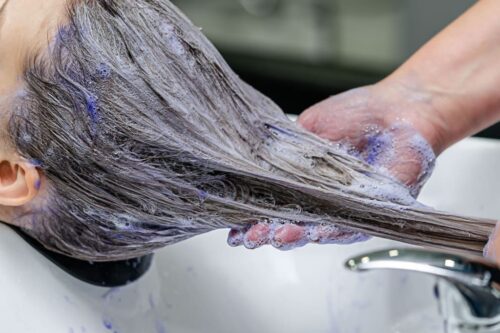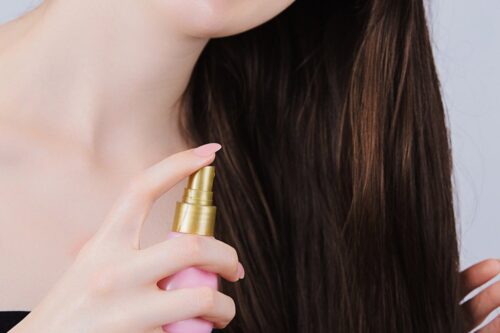Sometimes your natural hair doesn’t seem to be enough to make you feel more beautiful and confident.
Relaxers can make your hair overcome all the complications, including fizziness, dryness, uneven curls, and twisted hair patterns.
Relaxer is basically one type of hair product that can be a lotion, tonic, or cream. It works on the damage to your hair by making it straight and free from natural curls. But how long does a relaxer last on natural hair?
Yeah, you will know all about it by the end of this article.
How Long Does A Relaxer Last on Natural Hair?
Hair relaxers are permanent chemical treatments that are used to straighten curly or coily hair.
On average, a relaxer can last anywhere from 2 to 3 months. However, this is a general estimation. The actual time frame can vary based on The exact length of time that a relaxer will last on hair depending on a number of factors, such as:
- The primary relaxer categories are thio relaxers and hydroxide relaxers. Thio relaxers are generally less harmful to the hair compared to hydroxide relaxers but their effect is usually shorter-lived. On the other hand, hydroxide relaxers, although more harmful, can last up to 12 weeks.
- Relaxers tend to last longer on thicker hair than on thinner hair.
- The speed at which your hair grows also influences the duration of the relaxer’s effect.
Working Process of Hair Relaxers

In every type of hair, the working process is almost the same. But the result differs in each type of hair. Here, we will briefly discuss the working principles of hair relaxers on natural hair.
- Hair relaxers work on the cortex layer of hair, which is a bunch of intertwining strands of protein.
- When sulfides come together on your hair surface, they create disulfuric bonds that determine the number of curls on your hair. Relaxers break these disulfuric bonds so that the hair loses natural curls.
- In case of damaged and frizzy hair, the active agent of the hair relaxer works on the damage and heals the hair’s internal structure.
Is Hair Relaxing a Temporary Process?
It will be an injustice if I say that hair relaxing is a temporary process. As we mentioned earlier a hair relaxer lasts up to 8 to 12 weeks. But the effect of hair relaxing can stay in your hair permanently. So, if you are planning to have hair relaxing, think about it once again.
You should remember the fact that once you have used a hair relaxer on your hair, the hair will never go to its previous state. A relaxer changes the structure of your hair through a chemical process, and the transformed structure is permanent.
The hair will grow from the roots, and it will have the natural curls and structure that you had before relaxing. After few weeks, you need to touch up because of the newly grown hair.
How Can You Make a Hair Relaxer Last Longer?

Honestly saying, how long a relaxer will last depends on your hair type and the maintenance process after relaxing. Compared to hair with several chemical treatments, natural hair holds relaxers for a long time. Some tips and tricks about the hair maintenance process can be your savior.
- Deep conditioning is a must for relaxed hair. You can also use hair moisturizers to repair and hydrate your hair
- Try to use sulfate-free shampoo and wash your hair with lukewarm water to prevent frizziness.
- If you are habituated to applying hair oil, go for coconut oil.
Recommended For You:
5 Tips to Grow Relaxed Hair Faster and Stronger
Final Words
In order to have the best outcome and long-lasting results, you should understand your hair type and take proper after-care of relaxing. Hopefully, you have got it all about how long a relaxer lasts on natural hair. Be healthy and keep your hair so.






